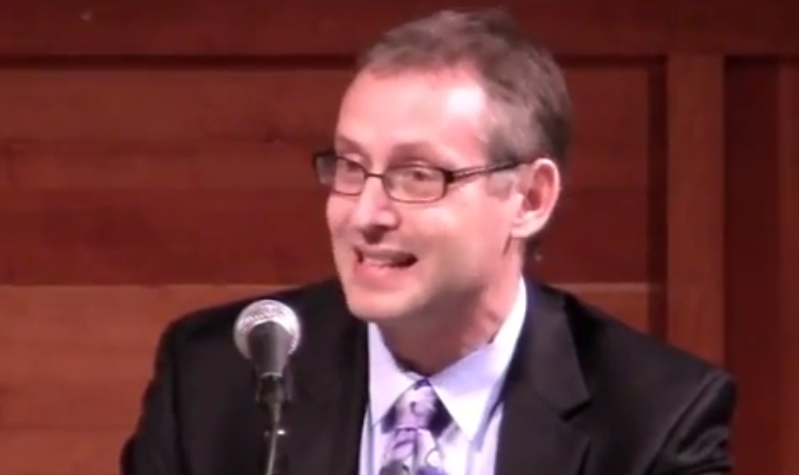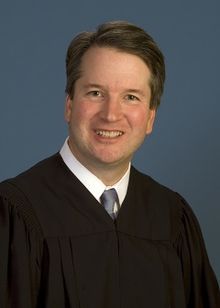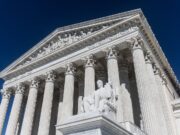Rick Hasen thinks that Judge Gorsuch “misstates” the holding of Citizens United v. FEC in his Senate testimony, when he states:
I think there is ample room for this body to legislate, even in light of Citizens United, whether it has to do with contribution limits, whether it has to with expenditure limits, or whether it has to do with disclosure requirements.
And Professor Hasen concludes from this that “Judge Gorsuch does not understand the scope of Citizens United and its holding, or he is trying to soften its harshness by wrongly suggesting Congress has room to legislate spending limits.”
Let’s leave the merits on that aside for now. A day later, Professor Hasen, in another blog post, states:
The Supreme Court has long upheld the constitutionality of requiring disclosure of the money behind elections, lobbying, and many political activities. In the 1976 Buckley v. Valeo case, the Court held that such disclosure, while implicating First Amendment rights, served three important government interests: deterring corruption, providing voters with valuable information, and helping to enforce other laws (such as the ban on foreign money in US elections). …
There has been a continued push by campaign deregulationists to get the Court to water down corruption on First Amendment grounds – not to throw it out entirely as to campaigns, but to allow outside groups to mask their donors. …
So where would a Justice Gorsuch be on this? Would he be with a majority that has upheld disclosure, or would he be with J. Thomas and, likely Justice Alito, believing that the “chill” of compelled disclosure requires constitutional anonymity?
If you watch the exchange with Senator Whitehouse from yesterday’s hearing, I believe there is a good chance Gorsuch will be in the Thomas/Alito camp. He spoke of the “chill” and did not really give any reason why disclosure might be valuable. He never suggested, for example, that the public might have an interest in knowing who is spending millions to support his campaign.
One might draw from this passage that Buckley holds that disclosure of the money behind “many political activities,” including “who is spending millions to support his campaign” [sic*], has passed constitutional muster.
Of course, Buckley did not uphold disclosure for “many political activities,” but only for a specific few. Though Buckley upheld the disclosure provisions of the Federal Election Campaign Act, it did so only after dramatically trimming them back, to apply only to committees with the major purpose of influencing campaigns, or to contributions and expenditures expressly advocating the election or defeat of political candidacies. It did not uphold, for example, disclosure of spending urging Senators to vote for a particular judicial nominee, as Professor Hasen seems to suggest should be in place. To the contrary, the decision made sure that FECA’s disclosure provisions would not be interpreted to apply to that type of spending.
Would we deduce from this that “either Professor Hasen does not understand the scope of Buckley and its holding, or he is trying to broaden its reach by wrongly suggesting that it upheld the constitutionality of what would be expansive, unprecedented disclosure laws”?
Look, one can certainly read Professor Hasen’s comments in a way to suggest that he has stated the holding of Buckley correctly. He doesn’t specifically say that Buckley found valid the type of disclosure he goes on to discuss. Perhaps we should interpret his remarks charitably. But – and this is congruent with Professor Muller’s point – you can do that with Judge Gorsuch’s comments, too. We all speak in shorthand, and particularly in spontaneous oral conversation, points sometimes run together without all the nuance we might ideally want. I don’t think Professor Hasen is trying to mislead, and he’s not a nominee for the Supreme Court. But it’s still ironic to see Professor Hasen do what he criticizes Judge Gorsuch for doing.
Perhaps a bit more charity and reflection would be in order. But this is, after all, a partisan fight, so perhaps not.
———
*I don’t believe Justice Gorsuch has a “campaign” as we think of the term.














